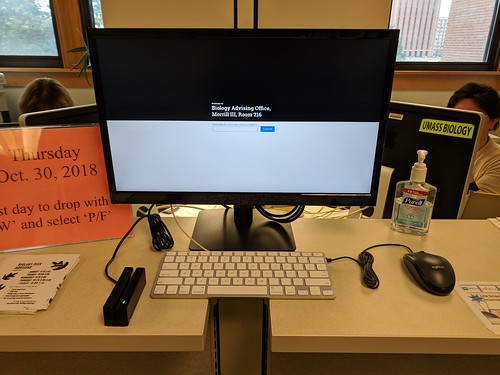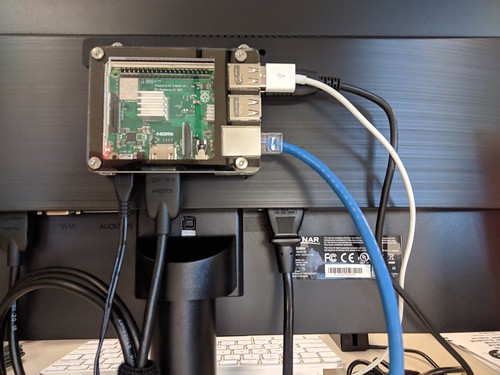After inexplicably refusing to refund me for the phone I returned and then not responding to my trouble ticket for 48 hours, Republic Wireless sent email that they've reversed the charges, refunding me for the phone. I'll still need to actually pay attention for another week to make sure the refund is finally credited, but hopefully this ends the saga.
I'm glad for the resolution, obviously, and appreciate that Republic Wireless is paying attention to their twitter feed, so I could backchannel what customer service was saying in a forum that seemed to get some attention. But I hope they'll address some of the flaws in their system that resulted in these problems.
I don't think there's anything more they could have done to help me avoid purchasing the wrong phone to begin with. I don't really like the Republic Wireless sales presentation of their phones, which is cutesy marketing rather than detailed technical specs. But you pretty much need to assume that anyway and track down the specifications elsewhere. Republic doesn't make the phones, after all: they're just selling phones that are known to work on their network. This problem is totally on Motorola, that used Adoptable Storage for phones in both their E series and Z series, but not in X.
The documentation on returning phones is too complicated. It tries to support step-by-step directions for a bunch of different kinds of phones. There are a bunch of levels of indents, bold, big blocks of red text, cross-linked pages with similar titles, etc. It's a mess. I might suggest using a check-list where you can reliably test each step to make sure all of the key requirements have been met: Does the phone still appear associated with your active line? Is there a SIM or SD card installed? When you start the phone, does it ask to unlock the screen? etc. This would be more reliable than asking people to blindly follow complex directions.
There were two problems that appeared with their trouble-ticketing system. First, it appeared that when the thread got long, customer-service reps didn't read it all. So several times, I needed to re-explain something that should have been obvious from reading the thread: maybe don't keep using the same ticket for what are actually 4 different problems? Second, it seemed like different reps were providing conflicting information without knowing what each other was saying and doing. This still doesn't explain why I got no response for 48 hours.
From a policy standpoint, it's not clear what it buys Republic Wireless to have a draconian policy like "if you don't remove the smart-lock it will cost you the full purchase-price of the phone". I'm glad to have this policy reversed in my case, clearly, but why have the policy at all if it's not going to be enforced? It seems pretty clear that, from a vendor's stand point, the smart lock is nothing but an inconvenience. Furthermore, the messaging, "Your cancelation (sic) for the above listed phone and/or accessory is now complete" doesn't seem to suggest there are any other steps that can be taken to remedy the situation.
Finally, I have to say that one thing that makes me angriest is when I have to be the squeaky weasel to get the grease. I'm glad to get my money back, but I worry about people who are unable to advocate effectively for themselves. Why put people through this wringer? For me, it was an inconvenience. It would have been an expensive mistake, but still just an inconvenience. At the same time, I was genuinely ready to switch my business to a different provider. (I had already created my account, but hadn't yet ordered the SIM or paid for the service to try it out). I guess at this point, I won't. I can't say I'm really happy with the experience. It shouldn't have been this much trouble.


